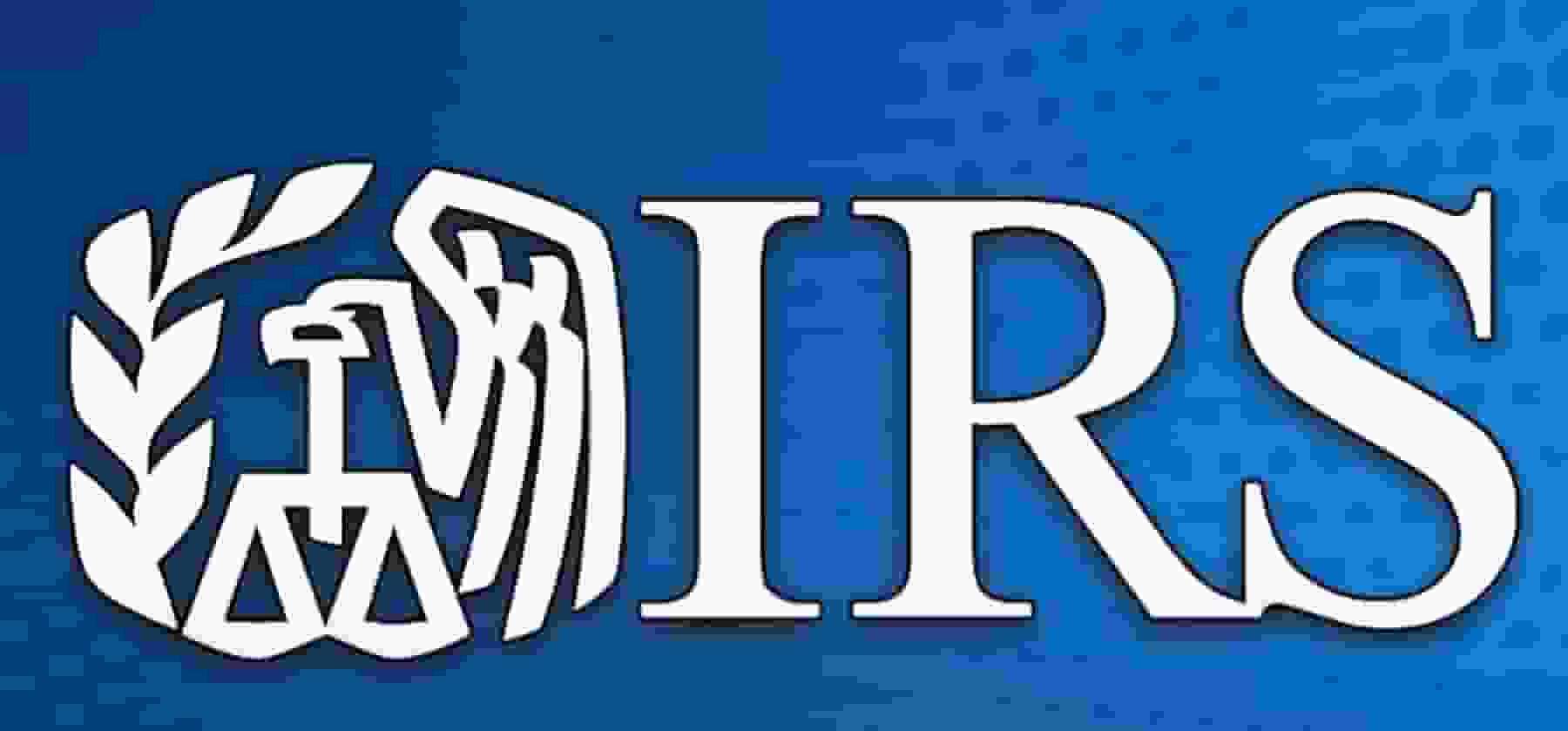
The regulation mandates that if annual company transactions reach $600, third-party payment platforms must provide Americans and the IRS with a 1099-K.
Payment for an item or service qualifies as a commercial transaction that is subject to taxation.
What Is IRS 1099-K Form?
A 1099-K is an income report form that covers transactions involving credit cards or third-party networks. Credit cards and services that take money from someone else and provide it to you are translated.
Before the 2022 tax year, online payment processors like PayPal, Cash App, etc., only had to send out a 1099-K if someone made more than 200 business transactions and got more than $20,000 in total payments. Assume an Uber driver made $20,000 throughout at least 200 rides.
Congress decreased this requirement in 2021 from $20,000 over 200 transactions to $600 over one transaction.
The IRS will need you to disclose revenue above $600 received using digital payment applications if you launched a side business or are self-employed, so please be aware of this if you do.
Keep your receipts for your records, as anything sold for profit on websites like Facebook Marketplace, Etsy, etc., will also be subject to taxation.
Read more: New bivalent COVID-19 Vaccines Have Been Approved By The FDA For Infants As Young As Six Months
Who’s Exempted?

However, money sent to you by friends and family via third-party payment apps to cover dinner costs or assist with bills won’t be taxed. There are just commodities and services mentioned in the reporting update.
Since the 1099-K form is electronic and won’t be mailed to you, experts advise being proactive and searching the websites of third-party platforms for it.
A lot of individuals may anticipate 1099-K documents from Venmo and similar services. The first forms will be sent in the first few weeks of 2023 because it starts with the 2022 tax year.
Read more: SNAP Benefits Scam: Local residents become victims of the fraud scheme

